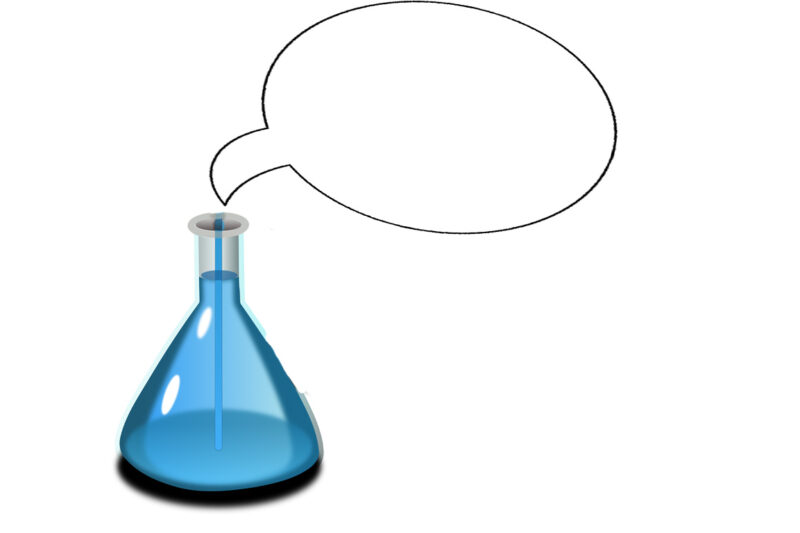Google and Twitter Speak Up in Support of the First Amendment Rights of Their Users


Yesterday was a good day for Google and Twitter users. It was a good day for science. And it was a good day for the Internet. Why? Because these two technology companies, along with prominent scientists and a public advocacy group, added their voices to the growing consensus that the constitutional right to speak anonymously on the Internet requires special protection in defamation lawsuits brought against anonymous Internet users.
Here’s the background: PubPeer, LLC operates a website devoted to anonymous post-publication review of scientific research (its founders have explained its mission here). This website is an important forum for scientists to debate the merits of their peers’ work without worrying about retaliation or adverse professional consequences. But its vitality was threatened when a prominent cancer researcher sued a number of PubPeer’s anonymous users for defamation and, in the context of that lawsuit, obtained a subpoena requiring PubPeer to disclose these users’ identities. The lawsuit alleges that these PubPeer users defamed the plaintiff by pointing out anomalies in his research papers. PubPeer, which is represented by the ACLU, filed a motion opposing the subpoena, arguing that the First Amendment protects the anonymity of its users unless the plaintiff can make a preliminary showing of merit to his claims. The motion explained why the plaintiff cannot make that showing.
In March 2015, a Michigan trial judge ruled that PubPeer is not required to unmask the commenters, save for one. The Michigan Court of Appeals has agreed to review that question, and yesterday the briefing in that appeal was complete.
And that’s where Google, Twitter, et al. come in. In addition to the briefs filed by the parties, multiple amicus briefs were filed yesterday in support of PubPeer, including: one from Google and Twitter; one from Bruce Alberts, a professor of biology who received the National Medal of Science from President Obama, and Harold Varmus, a Nobel Prize–winning scientist; and one from Public Citizen, a consumer–rights advocacy group. Together, these briefs make crystal clear what’s at stake in the plaintiff’s quest to unmask PubPeer’s users: the bedrock constitutional right to speak anonymously; the integrity of scientific discourse; and the vitality of the Internet as the digital marketplace of ideas.
Google and Twitter users should be gratified to know that these companies have spoken up in defense of their users’ First Amendment rights. Their brief argues for robust judicial review of attempts to unmask anonymous speakers, and it explains why communications providers should be able to stick up for their users when they receive unmasking subpoenas. It points out that these companies receive thousands of requests for user information each year, and that unless the companies are permitted to fight these requests in court, their users—who trust them to protect their speech and privacy rights—will often have no ability to resist those who seek to unmask them. And that would be a problem of constitutional magnitude: as the Supreme Court has said, anonymous speech is “not a pernicious, fraudulent practice, but an honorable tradition of advocacy and of dissent” that is entitled to robust protection under the First Amendment.
The scientists’ brief sheds important light on the role of anonymous peer review in separating reliable scientific results from flawed ones and “marshal[ing] resources toward research springing from the former and not the latter.” This process is crucial, because flawed results can be costly and dangerous. And, while pre-publication peer review is an important component of this process, it cannot be the exclusive means of detecting errors because the two or three anonymous peers who review submitted papers typically do not have sufficient resources to unearth all of the flaws that may arise in scientific research. “Robust post-publication discussion of scientific research is thus essential,” as the scientists’ brief puts it, and PubPeer offers an “important model” for fostering such discussion, which would be undermined if defamation plaintiffs could unmask their anonymous peers without first proving that their defamation claims have merit.
Finally, the brief from Public Citizen documents the nearly unanimous consensus in courts around the country that defamation plaintiffs must substantiate their claims with evidence before being permitted to unmask anonymous speakers on the Internet. The Michigan courts have not yet provided the same safeguard, but, as PubPeer argues in its own briefs, this case may provide an opportunity for them to do so.
It is heartening that so many diverse and qualified voices have spoken up in defense of the right to speak anonymously on the Internet. These are voices that can speak authoritatively about the dangers of unmasking subpoenas and the importance of robust safeguards against them, and they carry great weight in the fight to preserve open and vibrant discourse on the Internet.



